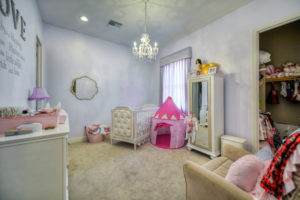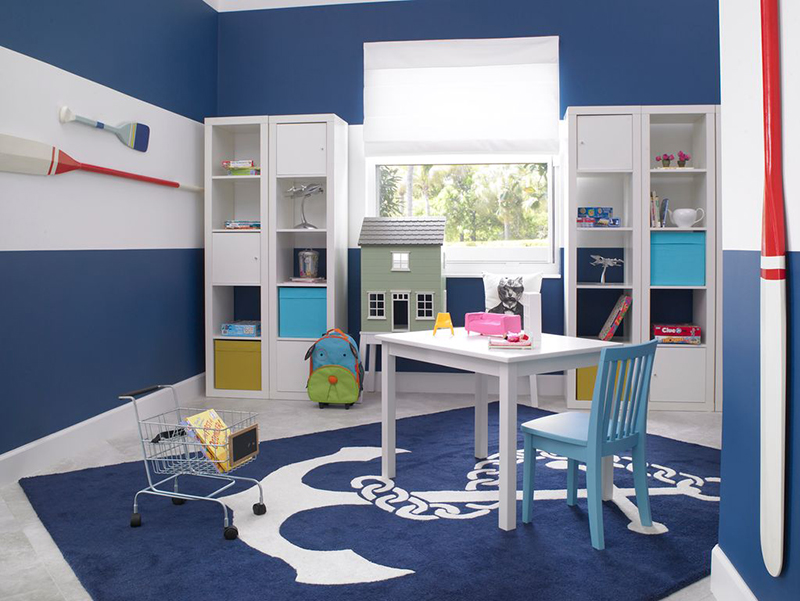Why You Need a Buyer’s Agent When Purchasing New Construction By Joe Szabo, Scottsdale Real Estate Team
 By Joe Szabo, Scottsdale Real Estate Team
Buying new construction seems simple, right? Just pick out the floor plan you want, choose the perfect lot, and watch it go up. No sellers to deal with, no unexpected repairs that come up during inspection, no drawn-out negotiations. Right?
Not so fast. In any real estate transaction, it’s important to have a professional on your side, even if the process seems straightforward.
“Having your own agent provides a sense of security,” says Seattle-area homeowner Kristy Weaver, who has bought two new construction homes from two different builders. “It gives you some peace of mind, knowing that someone is looking out for your best interest.”
Peace of mind is just one benefit of having an experienced agent along for the ride. Read on for five more reasons you’ll want a local real estate agent by your side when buying a new construction home.
By Joe Szabo, Scottsdale Real Estate Team
Buying new construction seems simple, right? Just pick out the floor plan you want, choose the perfect lot, and watch it go up. No sellers to deal with, no unexpected repairs that come up during inspection, no drawn-out negotiations. Right?
Not so fast. In any real estate transaction, it’s important to have a professional on your side, even if the process seems straightforward.
“Having your own agent provides a sense of security,” says Seattle-area homeowner Kristy Weaver, who has bought two new construction homes from two different builders. “It gives you some peace of mind, knowing that someone is looking out for your best interest.”
Peace of mind is just one benefit of having an experienced agent along for the ride. Read on for five more reasons you’ll want a local real estate agent by your side when buying a new construction home.

 By
By  By
By  By
By  By
By  By
By  By
By  By
By 

 In spring (after the last frost) move it outdoors to a sunny spot, provide fertilizer, closely monitor for slugs, and water regularly. Starting in mid-August, allow the potting mix to dry out completely between waterings. When you see a flower bud about eight weeks later, move the plant to a sunny spot (direct sun is fine) to get a strong and sturdy stem, and resume regular watering. Once the flowers have opened, display your amaryllis with pride.
In spring (after the last frost) move it outdoors to a sunny spot, provide fertilizer, closely monitor for slugs, and water regularly. Starting in mid-August, allow the potting mix to dry out completely between waterings. When you see a flower bud about eight weeks later, move the plant to a sunny spot (direct sun is fine) to get a strong and sturdy stem, and resume regular watering. Once the flowers have opened, display your amaryllis with pride.


